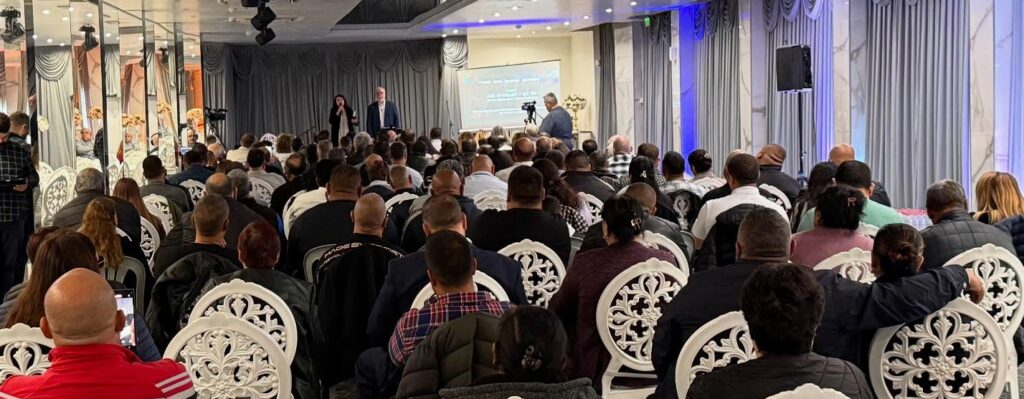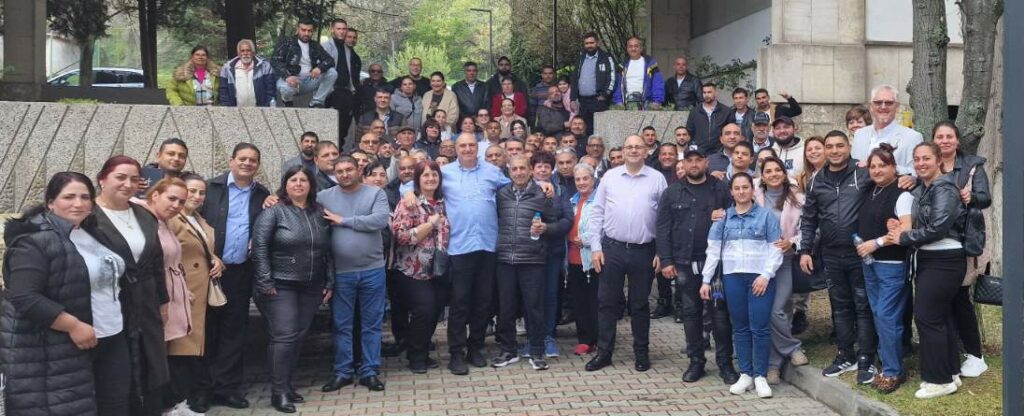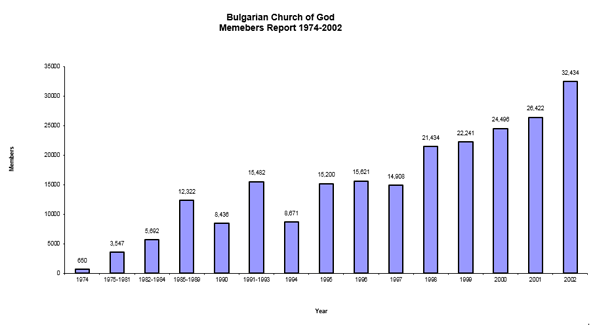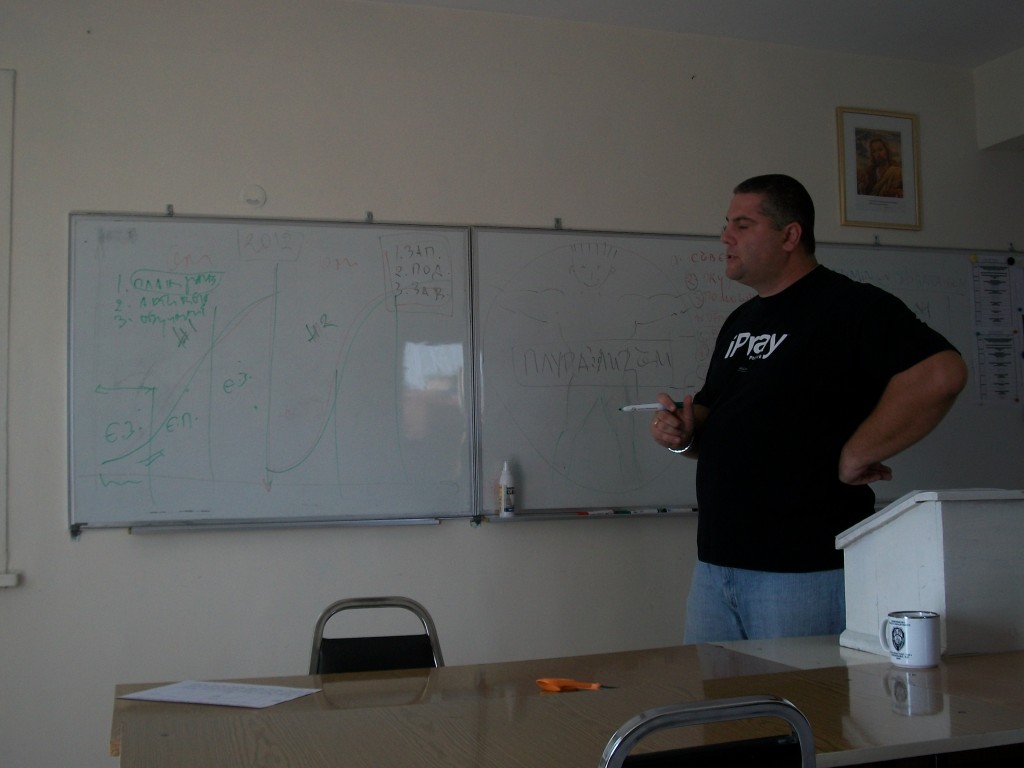When Two Cultures Collide
In general, it is believed that when any two individuals come together, in the midst there will be some sort of tension. The coming together or collision consequences in tension that is the result of differing opinions and viewpoints. One major origin of such strain or confusion is due to misinterpretation. What is said is viewed erroneously and internalized or personalized in error. Furthermore, when this phenomenon occurs with two individuals from differing cultures, there is greater opportunity for misapprehension. It has been said that whatever is perceived by an individual is the true reality for that particular person. Meaning, however one views an event, even if falsely done, is what actually took place in that individual’s personalized world. It is such concept that must be taken to heart in order to genuinely be culturally sensitive. When two cultures collide, there must be open-mindedness and understanding of another’s world view. Yet, the straightforward part is to understand this concept and the difficult part is to place such concept into actuality.
Church of God Holds Two Parallel National Assemblies in Bulgaria

Above Dr. David Kemp speaking on National Assembly in Sliven, Bulgaria (March 29, 2025)
Below Dr. Tom Rosson speaking on National Assembly in Stara Zagora, Bulgaria (March 29, 2025)

The Bulgarian Church of God has split in no less than 10 since the early 2000s as following:
- Bulgarian Church of God (27.12.1990)
- Church of God in Bulgaria (23.01.2006)
- God’s Church (13938/2006: 07.02.2007)
- Church of God-12 (Sofia, Rodostono)
- New Generation Church of God (05.04.2000)
- Bethesda Church of God (27.12.2010)
- BulLiv Church of God (15.01.2000)
- New Life Church of God (06.11.2000)
- Bulgarian Church of God – Sofia (4996/2003 Sredetz, E.Georgiev Bul. 2, apt. 4)
- Bridge Church of God (50/2013)

Polk Revival Two Months and Going Strong

When we wrote back in March and again last month, we could hardly imagine what God had in store for our area. After eight full weeks of revival in Polk County more revivals are on our schedule this month. Swept by the wave of the Spirit, several independent churches have joined in with parallel meetings, thus multiplying the expected attendance exponentially.
Initially 7, now 8 churches and multiple ministries across Polk County, TN have set to seek after the will of God for revival in their area after the pandemic. The revival has gone on now two months each week changing to another of the original seven church locations. Thousands have attended in the past eight weeks alone with multiple saved, recommitted and called to the ministry in the past month. Churches from the greater Conasauga, Reliance, Ocoee, Old Fort, Benton, and Delano communities along with the two oldest Polk County congregations at Cookson Creek and Friendship Baptist, are joining piece by piece the original vision God has given to many ministers for this area of East Tennessee. As Polk Revival continues strong, the participants are requesting prayer from all who love the Lord and have awaited His renewal of the land and His people. https://polkrevival.com/
Pentecostal Education in Bulgaria Two Decades Later
This article was originally authored in 2008 and now addresses issue that have been ongoing for over 20 years
The missionary strategy of Protestant denominations toward Bulgaria within the 19th century effectively included evangelistic, publishing and educational outreaches. The educational paradigms, which the western missionaries introduced, were soon adopted by the Bulgarian people, quickly realized as progressive and successfully implemented in both religious and secular Bulgarian schools. These trends continued in the next several decades, educating Bulgarian youth and producing the first generation of Bulgarian leaders who took their rightful place in political, economical, social and religious structures in the Bulgarian lands.
Unfortunately, when the Communist Revolution took place in Bulgaria, all religious schools, with the exception of the Eastern Orthodox Seminary in Sofia, were closed down and religious education was outlawed. For the next half century, Bulgarian evangelical ministers were destined to do ministry without any former religious education.
When the Berlin Wall fell in 1989, the tension for religious education reached its culmination and a number of religious schools were quickly established across Bulgaria. The instruction methods used ranged from Bible study home groups to Bible colleges all to fulfill the niche for religious education. Two important milestones must be mentioned here, and they are the opening of the Logos Bible Academy in the Danube town of Russe and the starting of a long distance program by ORA International.
Naturally, the general trend of Bulgaria’s post communist governments to control these educational institutions resulted in the registration of a religious institute under the Directorate of Religious Affairs, a government agency formed to register, manage and supervise the activity of religious formation on the territory of Bulgaria. It was in this context that the Bulgarian Evangelical Theological Institute (BETI) was formed and registered in the capital Sofia. It included five departments (often called faculties), representing Bulgarian evangelical denominations with a predominant focus on the Pentecostal wing.
The Theological College in Stara Zagora, often mistakenly called a Theological Seminary, was established in 1998 as one of these departments to represent the Bulgarian Church of God. Because of current developments within the Bulgarian Church of God, the department was started in the city of Stara Zagora, located some four hours east of the capital and became the only of the faculties not located in Sofia. Naturally, its location, staff, affiliation and purpose created a sense of independence, both in its theology and structure.
With the acceptance of the new Act of Confessions in 2002, the Bulgarian government employed a more drastic approach toward all religious institutions not fitting the standard denominational profile. Since BETI was among them, the government initiated the process of the Institute’s accreditation with the Ministry of Education. Five years later, the government is yet to grant the accreditation. It was not until the publication of this article in March, 2008 that the Bulgarian Government moved toward finalizing the long-awaited accreditation of BETI.
Meanwhile the Institute’s management is facing a tri-dimensional dilemma which includes economic, cultural and leadership tensions. Some of them have not been resolved due to the lack of recourses; others have not been resolved due to the lack of essential prerequisites in the long-term educational strategy of the school. The following is a list of the challenges, which must be resolved immediately in order for the Institute to continue to operate under the said government accreditation:
1. The school’s baccalaureate program, structured primarily after 20th century American Bible college model, is practically incompatible with the requirements of the Bulgarian Ministry of Education. The dilemma of changing the program to meet the accreditation requirements or to retain the school’s evangelical identity is yet to be resolved on part of BETI as a whole, as well as its theological departments individually.
2. Three masters programs that were to focus on the subjects of Christian counseling, chaplaincy ministry and missions were secured from the Bulgarian government several years ago. However, because of the lack of students and experts on the said topics, only one of them, the master’s program in counseling, has been partially developed. Today, it remains in its initial phase as a distance-learning program, while the other two programs are virtually untouched.
3. It has taken BETI over a decade to comply with the country’s requirements for higher education. In this process, the school has not facilitated the opportunity for religious master’s programs thus missing its mission to become a higher education authority in religious studies.
4. The resistance toward the evangelical movement and more specifically its presence within the educational process of Bulgarian adolescents has resulted in continuous protests on part of the Bulgarian community. They have been followed by restrictions from the government, which has forced the Institute at the periphery of the educational process. Two waves of attacks against Bulgarian evangelicals in 1990-1993, 2002-2004 and the current trend of the government to establish mandatory religious classes for children ages seven to twelve has contributed to this alienation and has forced the inability of evangelical education to find and establish its place within the Bulgaria community. Much of this has to do with the lack of an adequate placement strategy for graduates upon the completion of the college’s program.
5. Furthermore, scholarships for individual students and sponsorship for the colleges of the Institute has weekend since 9/11 creating an economical dilemma with which the Institute is still struggling. The financial crisis has brought about the rethinking of the economic strategy of the Institute, its dependency on religious support sources and its financial self-sufficiency.
6. Additionally, a number of Roma/Gipsy communities have received substantial educational grants from the European Union upon Bulgaria’s official membership. This has taken a great number of the Roma/Gipsy students within the Institute in a different direction.
7. Immigration has also taken its toll on the Institute’s graduates, as many of them have seized the opportunity to continue their training in religious educational institutions abroad, while other have simple forgone their higher religious education in the struggle for personal survival, both groups never to return and practice in Bulgaria.
8. It is also unfortunate, that most of the professionally trained Bulgarians who have graduated with a higher degree in religious studies from foreign colleges and universities, have been unable to find their place within the structure of the BETI and have been employed in educational institutions, religious centers, ministries and missions which often have to do very little with Bulgaria.
9. The denominational affiliation of each of the departments, has contributed to the dilemma of structural incompatibility with the leadership and vision differences between the denominations that are affiliated with the Institute. The recent crises in several of the member dominations have added to the escalation of the above dilemmas and the incapability for the resolution from a denominational standpoint.
10. Naturally, the well-educated graduates have chosen not to occupy themselves with denominational politics both to avoid confrontation and to express their disagreement. This dynamic has been partially ignored by leadership remaining from the period of the underground church when religious education was virtually nonexistent and lacking a complete realization of the power of education. This unnoticed trend, however, endangers Bulgarian Evangelism creating a lack of continuity within the leadership and preparing the context for the emerging leadership crises.
As an educational institution of the Bulgarian Church of God and a member of the Bulgarian Evangelical Theological Institute, the Theological College in Stara Zagora has experienced all of the above dilemmas and more. Its physical distance from the capital Sofia has jeopardized its accreditation with Bulgaria’s Ministry of Education, the latest guidelines of which have constituted that a school department cannot be more than 25 miles away from its main office. Since Stara Zagora is almost 200 miles away, the Church of God Bible College has been forced to find a suitable alternative. One logical solution may be to move the school or parts of the school to a Sofia location.
However, the Stara Zagora Theological College has had very little if any representation in the capital for its decade of existence. A move to Sofia would propose a number of new problems such as the relocation of teachers and a forced split of focus between two campuses. Another immediate challenge would be the development of a long-term financial strategy to meet a budget, which in the capital would be three-four times the cost of the same operation in the city Stara Zagora. And finally, a successful strategy for establishing a new level of cooperation with the rest of the Institute’s departments, which have operated in the capital Sofia for over a decade is a must, before a successful educational program can be initiated by the Bulgarian Theological College at the new location.
When Two Cultures Collide
June 10, 2005 by Cup&Cross
Filed under 365, Publication
By Kathryn Donev
In general it is believed that when any two individuals come together, in the midst there will be some sort of tension. The coming together or collision consequences in tension that is the result of differing opinions and viewpoints. One major origin of such strain or confusion is due to misinterpretation. What is said is viewed erroneously and internalized or personalized in error. Furthermore, when this phenomenon occurs with two individuals from differing cultures, there is greater opportunity for misapprehension. It has been said that whatever is perceived by an individual is the true reality for that particular person. Meaning, how ever one views an event, even if falsely done, is what actually took place in that individual’s personalized world. It is such concept that must be taken to heart in order to genuinely be culturally sensitive. When two cultures collide there must be open-mindedness and understanding of another’s world view. Yet, the straightforward part is to understand this concept and the difficult part is to place such concept into actuality.








